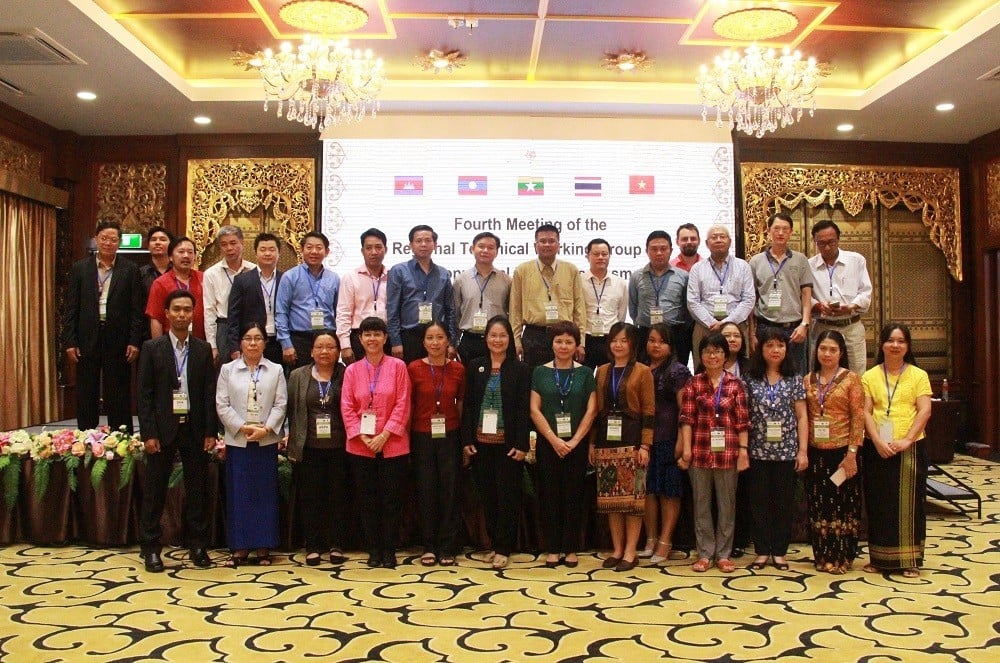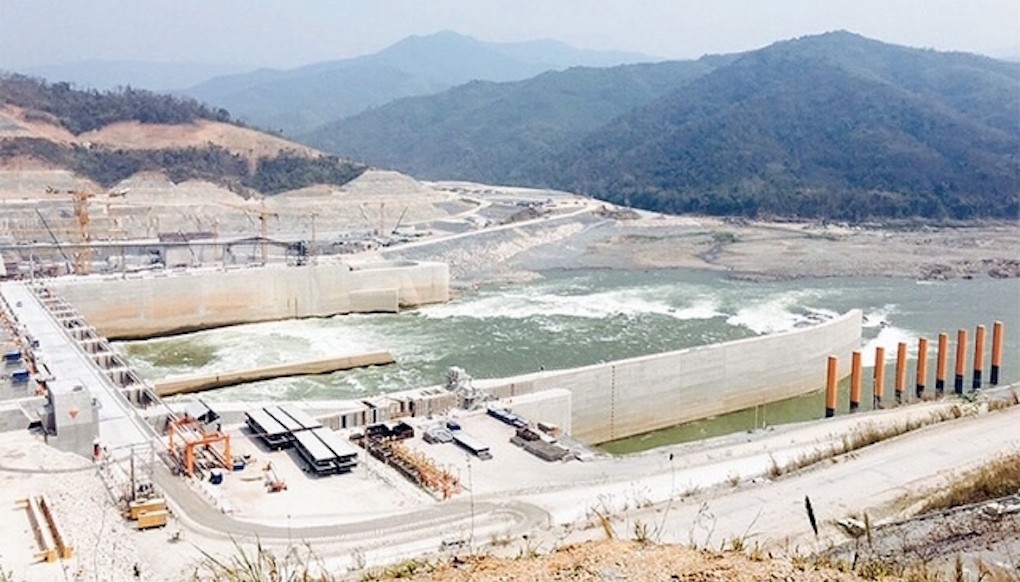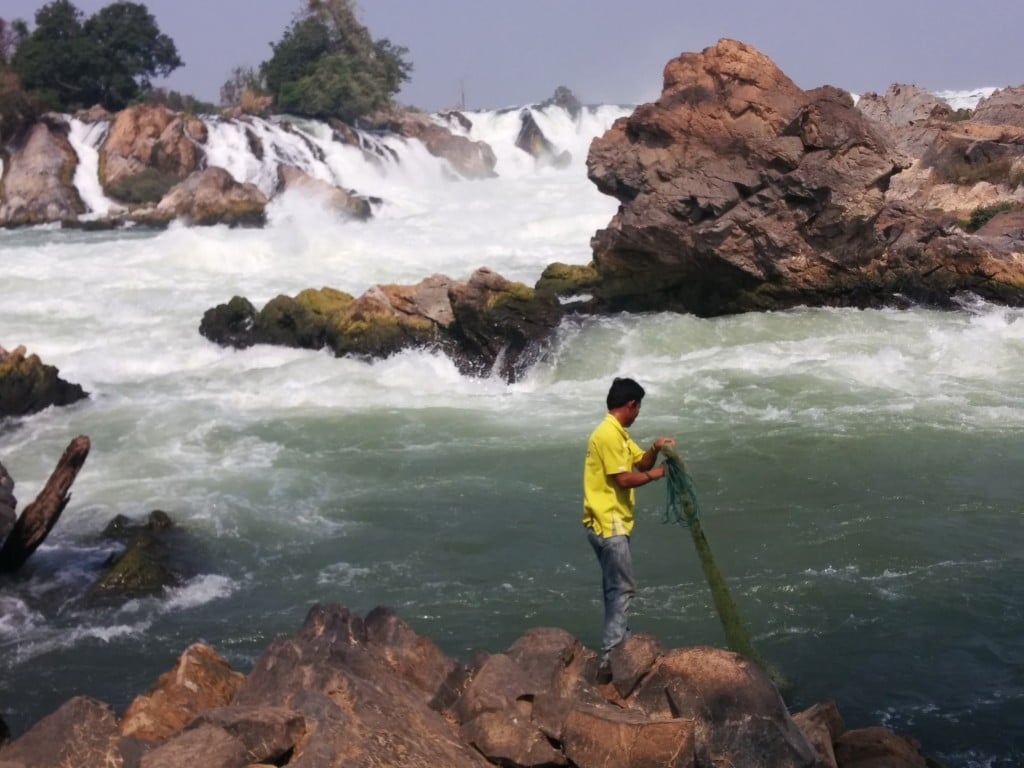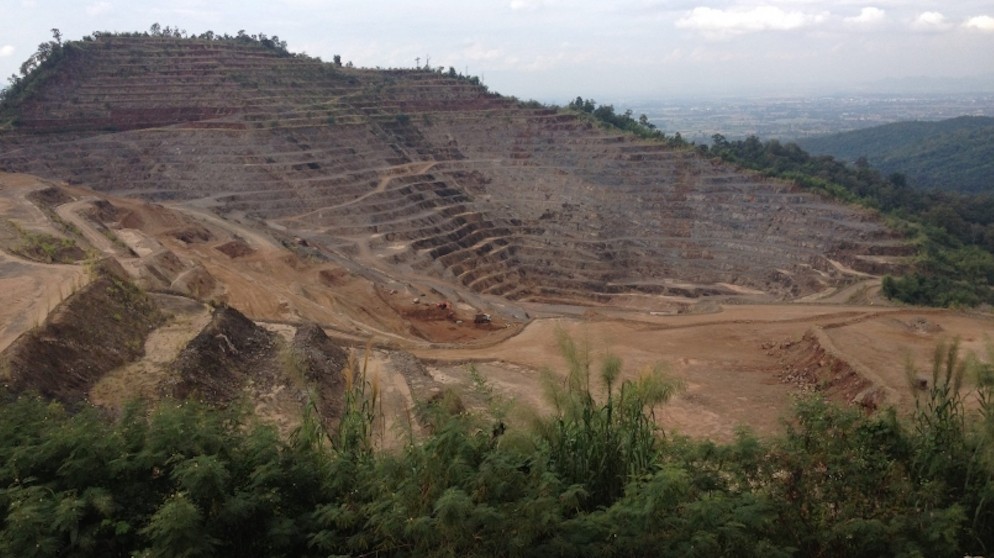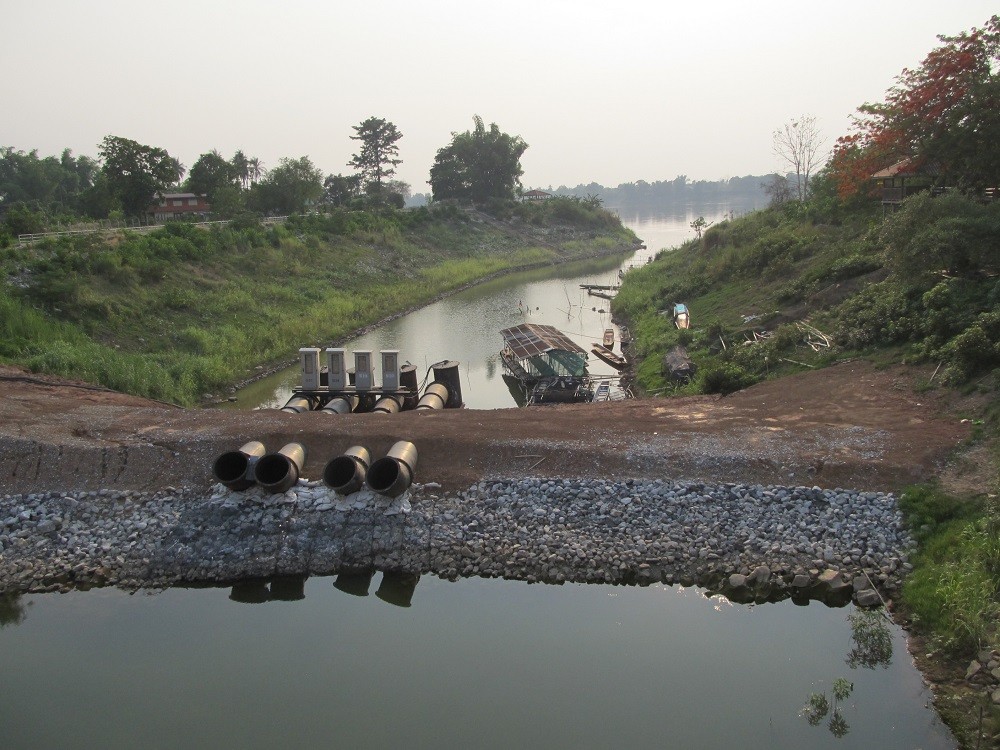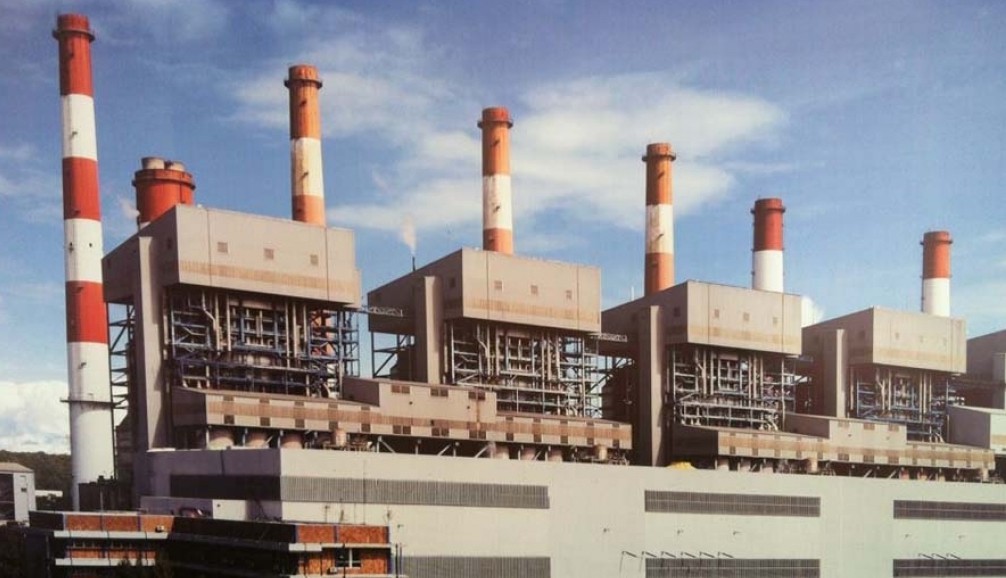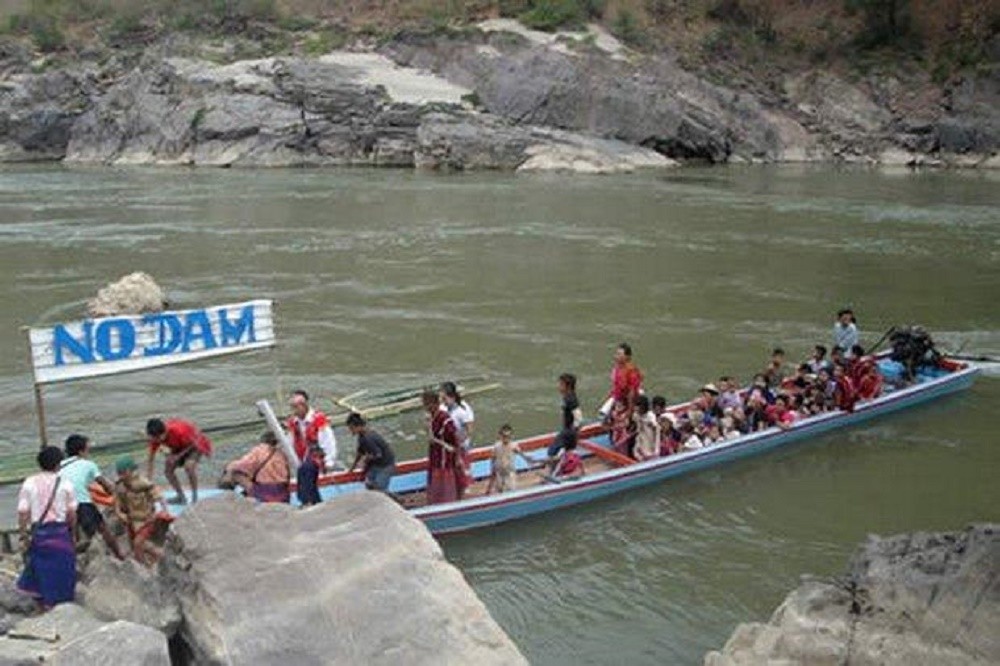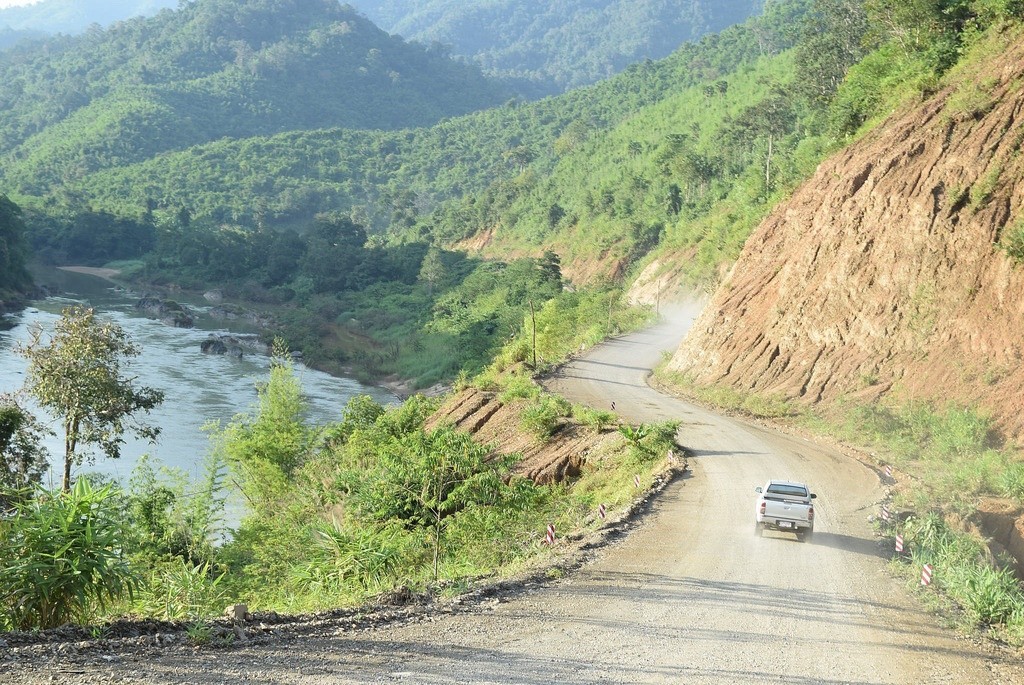Regional experts from government and civil society finalized the draft set of guidelines for engaging the public in Environmental Impact Assessment processes. The Guidelines will next be reviewed by the public in a coordinated series of region-wide public consultations in Cambodia, Laos, Myanmar, Thailand and Vietnam beginning in late September and wrapping up in October.
Category: Thailand
Thailand considers buying more power from Laos
Thailand may buy 9,000 megawatts of electricity from Laos this year to ensure sufficient supply to meet rising demand, says a senior official at the Energy Ministry.
That is nearly 30% higher than the 7,000MW Thailand currently buys annually from Laos, according to the most recent memorandum of understanding (MoU) the two countries signed in 2007. Of the total 9,000MW of power, most of it would be generated from hydropower, which is more cost-effective than fossil fuels.
China Economy Ripples Into Laos
A decade long mining boom, combined with a rapid development of hydropower, has seen Laos’ growth rate reach over 7 percent a year, allowing national output to more than double, generating some half a million jobs.
A key player in the economic progress has been China. A recent World Bank report on the Lao economy noted China’s influence was continuing to grow.
Compensation for mining company’s ‘poisoning’ not enough: plaintiffs
PEOPLE in Tak province say nothing has been done about removing cadmium contamination from their water source, while the Appeals Court yesterday upheld the Civil Court’s earlier ruling against zinc-mining companies on the leakage of toxins into the Mae Tao River Basin.
The Southern Bangkok Civil Court upheld the previous court decision to sentence 84 people in three tambon of Tak’s Mae Sot district in a complaint filed against Padaeng Industry and Tak Mining Co. It also ruled that the 20 plaintiffs be given Bt62,000 each in compensation for cadmium poisoning. No court decision has been made on environmental damage.
Mekong basin stirs up region: Thai water diversion project could have mega risks
While a solution for the negative impacts from Mekong mainstream dams is still doubtful, the downstream countries, Vietnam in particular, have to confront new threats from upstream neighbors related to water usage.
No more coal power plants needed
Last Thursday, the Electricity Generating Authority of Thailand (Egat) confirmed that it will construct six new coal-fired power plants by 2025. On many levels, building these new power plants seems not to be a well thought-out plan.
At the local level, coal-fired power plants would adversely affect communities in these areas. Where such plants have been constructed in southern Thailand, they have polluted waters, reduced fish stocks, damaged crops, and contributed to a high concentration of respiratory disease. Nonetheless, Egat has yet to conduct comprehensive environmental impact assessments (EIAs) in areas which would be affected by these new plants.
SEZ policy proves a boon for IEAT sales
The Industrial Estate Authority of Thailand (IEAT) says it sold 1,750 rai of developed land in the first half and expects better sales in the second half, crediting the government’s policy to support special economic zones (SEZs).
First-half sales were well above the target of 1,500 rai, said IEAT governor Verapong Chaiperm.
Aung San Suu Kyi visit is chance to rethink investments
This week’s visit by State Counsellor Daw Aung San Suu Kyi to Thailand appears to hold out hope for Thai state and private investors to revitalise their plans for key investments in Myanmar. Among these projects, the most prominent are the Dawei special economic zone and a cascade of hydroelectric dams on the Thanlwin River.
The road to Dawei is paved with empty promises
Burma’s State Counsellor and Foreign Minister Aung San Suu Kyi will meet with Prime Minister Gen Prayut Chan-o-cha to discuss bilateral issues focused on trade and economic cooperation during her visit to Thailand on 23-25 June. Meanwhile, the Thai government has announced yet again plans to put the long-delayed Dawei Special Economic Zone (SEZ) project higher on its agenda.
In 2012, Suu Kyi visited Thailand on her first trip outside of Burma in 24 years. She met with Burmese migrant workers in Mahachai, Samut Sakhon province, which has the largest migrant community in Thailand. At that time, she promised to do her best to improve the country’s economy so that migrant workers would have jobs to return home to in Burma.
NGOs to oppose megaprojects during Suu Kyi visit
Non-governmental organisations on Tuesday called on Aung San Suu Kyi to put on hold two projects with Thailand during her visit to the country.
As the government is preparing for her first visit to Thailand as foreign minister and state counsellor, 23 non-governmental groups are also making their move against attempts by the host Thailand to ink deals with Mrs Suu Kyi during her three-day trip.
“As one of the leaders in the Myanmar government, we urge you to suspend decisions on any projects, pending the completion of strategic and transboundary impact assessments; and allow people to make informed decisions, ensuring transparent and accountable investments, which mutually benefit both Thailand and Myanmar,” they said in a statement.


